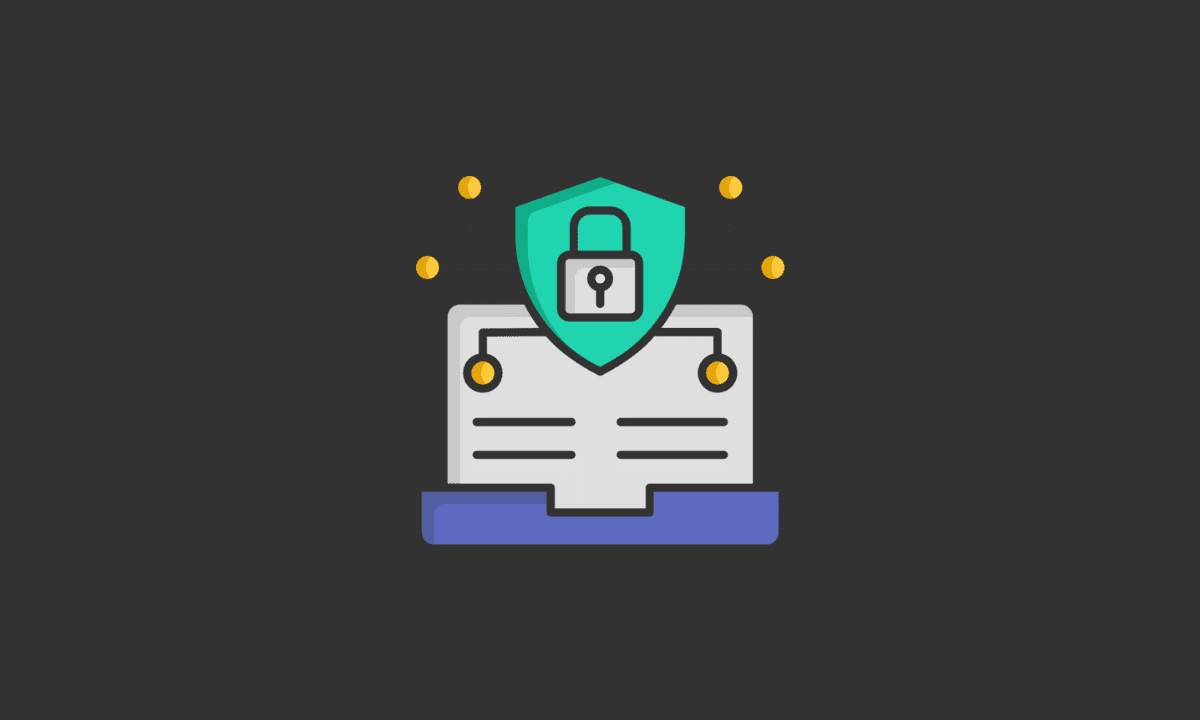Starting a new business is hard enough, but protecting it from cyber threats should be at the top of your list. This blog post will explore four web security tips that all new business owners should know in 2023.
From choosing the right hosting provider to securing your website, read on to learn more about how you can keep your business safe online.
Use a Secure Web Hosting Provider

When it comes to web security, one of the most important things you can do is choose a secure web hosting provider.
There are a lot of different factors to consider when choosing a web host, but security should be at the top of your list. Here are a few tips for choosing a secure web host:
1. Look for a host that offers data encryption. This is an important feature that will help protect your website from hackers.
2. Choose a host with 24/7 security monitoring. This will ensure that your website is always safe and secure.
3. Make sure the host you choose has a good reputation. You can check this by reading online reviews or asking around for recommendations.
4. Ask about the security features offered by the host. This includes things like firewalls, intrusion detection, and malware scanning.
5. Get in touch with the customer support team of the host you’re considering to ask any questions you have about their security measures.
By following these tips, you can choose a secure web hosting provider that will help keep your website safe from hackers and other online threats.
Use Strong Passwords
As a new business owner, you are responsible for the security of your website and any sensitive information that is stored on it. One of the most important things you can do to protect your site is to use strong passwords.
A strong password is at least eight characters long and includes a mix of upper and lowercase letters, numbers, and symbols. It should be something that is not easily guessed or brute-forced.
You should never use the same password on more than one site. If one of your passwords is compromised, all of your accounts are at risk. Use a password manager to help you keep track of your different passwords.
Change your passwords regularly, especially if you think they may have been compromised. If you suspect that your account has been hacked, change your password immediately and contact your hosting provider or website administrator.
SSL Certificate

You will need to get an SSL Certificate or Wildcard SSL certificate (for Unlimited Subdomain) for your site, the cost of which is determined by your hosting package. Once you have this certificate you will need to upload it to your web server.
For more information on how to purchase and install an SSL Certificate please refer to our article How do I purchase and install my own SSL Certificate?
If you are using a shared web server, we can provide an SSL Certificate for £39 per year (excluding VAT). This includes installation and maintenance of the certificate. Please contact our Sales team if you wish to add this service to your account. When they have activated the service, they will email you instructions on how to order a Shared Web Server SSL Certificate.
Keep Your Software Updated
As a new business owner, one of the most important things you can do to keep your website secure is to update your software. This includes both the server software that powers your website and the applications and plugins that run on it.
Outdated software is one of the biggest security risks for websites, as attackers can easily exploit it. By keeping your software up-to-date, you’ll make it much harder for hackers to take over your site.
One easy way to keep your server software updated is to use a hosting provider that offers automatic updates. For plugin and application updates, you can typically find update options in the admin area of your site. If you’re not sure how to update your software, contact your hosting provider or developer for help.
Use Two-Factor Authentication
If you’re setting up a new business, one of the first things you need to do is ensure your website is secure. One way to do this is to use two-factor authentication (2FA).
2FA adds an extra layer of security to your website by requiring two forms of identification before someone can log in. This could be a password and a fingerprint, or a password and a code that’s sent to your phone.
Using 2FA will help protect your website from hackers and other cyber threats. It’s an important step in keeping your business safe online.
Conclusion
As a new business owner, it’s important to be aware of the potential security risks that come with operating online. Following these four simple tips can help protect your business from potential attacks and keep your data safe. Implementing even just one of these tips can make a big difference in the security of your website. So don’t wait — get started today and give yourself peace of mind knowing that your business is safe from harm.

